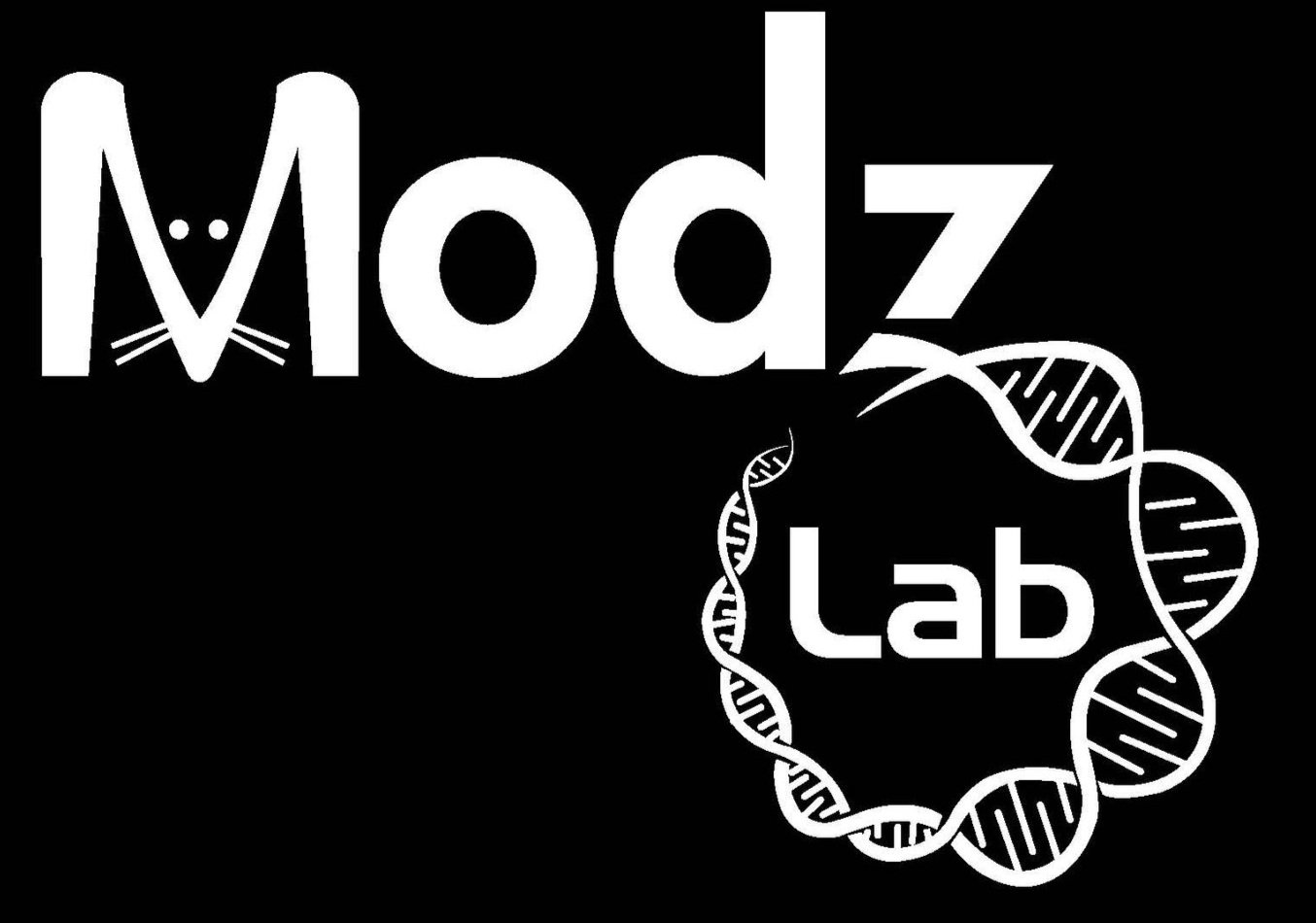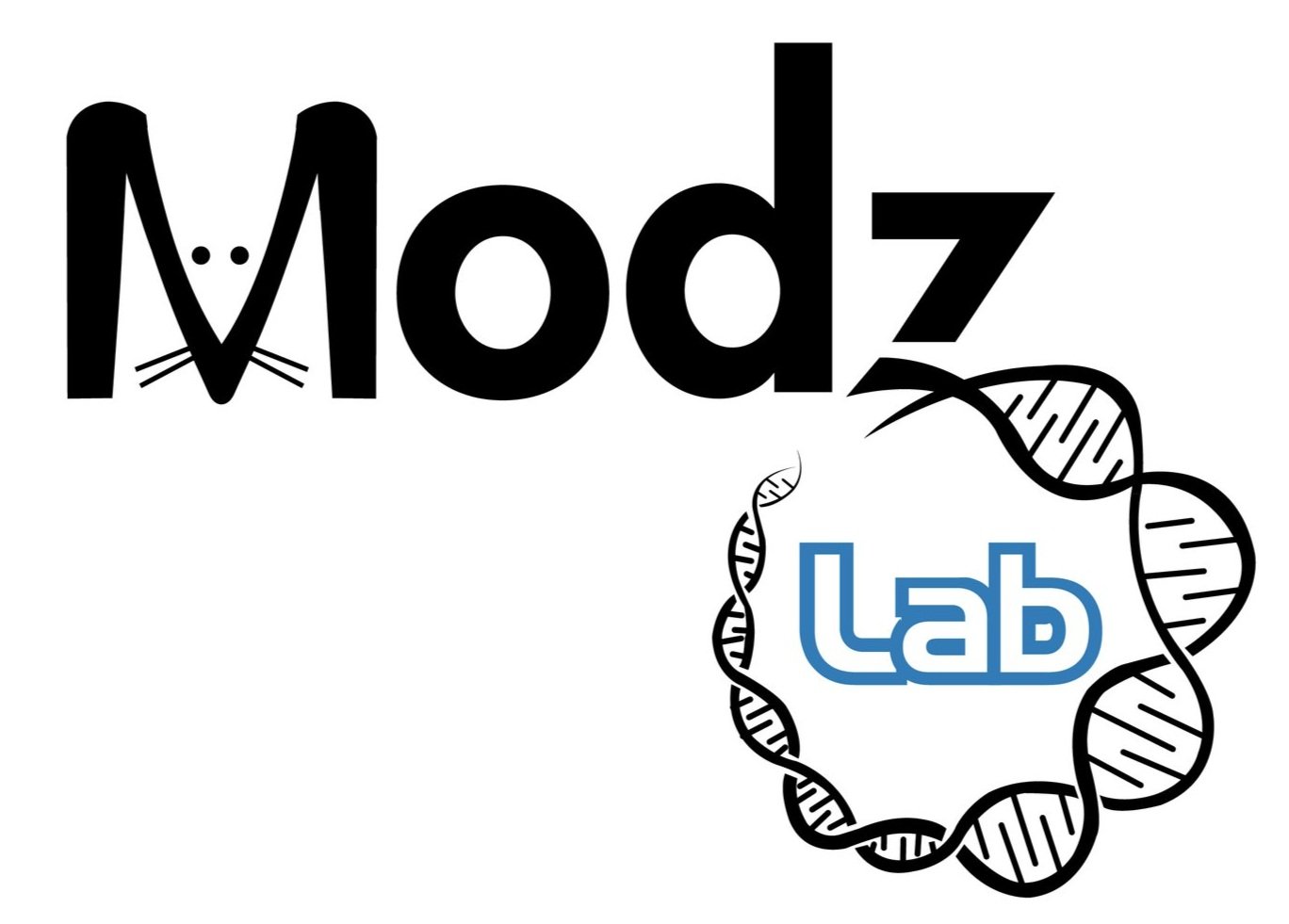The Modzelewski Lab “ModzLab” is interested in the phenomenon of Retrotransposon Reactivation in development and disease. Making up nearly 50% of the human genome, retrotransposons have recently emerged as important features of normal biology across all mammalian species. Transposons have rewired regulatory networks and provided raw material for genetic innovation through co-option of innate regulatory sequences and “domestication” of proteins that were once used to invade and spread throughout our genomes. These events were critical in shaping evolution and are responsible for essential biological breakthroughs like the placenta, VDJ recombination, memory plasticity and much more.
Our work is aimed at understanding the exciting and emerging roles that retrotransposons have throughout development where reactivation is essential and intentional. The genome goes through great lengths to suppress the activity of retrotransposons by evolving epigenetics mechanisms until the invading elements is defeated and mutated over millions of years. A small handful of these retain regulatory and coding capacity that provide some benefit to the host, but the vast majority of these cases are completely unknown. For brief instances in the early preimplantation embryo and perhaps the germline, these surveillance mechanisms are paradoxically relaxed and allow the retrotransposons to reactivate for unknown reasons. My work has shown at least one mechanism is essential for proper preimplantation in the mouse. I have generated Retrotransposon KnockOut (KO) mouse models to study distinct mechanisms that operate in the early embryo and found they control and participate in various essential processes. This is only the tip of the iceberg in terms of what Retrotransposons are capable of. We next apply these findings to study the unintentional retrotransposon reactivations that occur during epigenetic breakdown associated with aging, disease and cancer.
Our lab primarily focuses on how retrotransposons impact preimplantation embryo development and fertility in mice and adopt comparative biology studies using various mammalian species to learn about human health and reproduction.
To this end, that lab has two major but linked focuses: Developmental Biology and Genome Editing.
Research Topics
-
Study mammalian preimplantation embryos to understand the biological importance of retrotransposon reactivation.
-
Phenotypical analysis and mechanistic understanding of retrotransposon knockout (KO) mouse models.
-
Develop Humanized mouse models to study Human specific retrotransposon function.
-
Probe embryos, germline and stem cells to understand retrotransposon regulation.
-
Explore retrotransposon reactivation consequences outside of the embryo, where epigenetic breakdown occurs, such as aging, disease and cancer.
-
Improvements to genome editing technologies (CRISPR-EZ) in mammalian embryos for longer inserts, higher efficiency and lower costs. .



